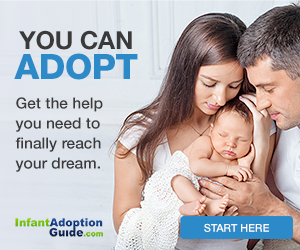South Korea’s Truth Commission and Its Impact on U.S. Adoption Agencies

South Korea’s ongoing truth commission investigation into past adoption practices has sent ripples through the international adoption community, particularly in the United States. As the commission uncovers details of irregularities in South Korea’s adoption system, questions arise about the ethical implications for adoption agencies and adoptees in the U.S.
Background of the Truth Commission Investigation
The South Korean Truth and Reconciliation Commission (TRC) was established to investigate historical injustices, including the country’s international adoption practices. Over the decades, South Korea has sent more than 200,000 children abroad for adoption, with the majority finding homes in the U.S. Many of these adoptions occurred during and after the Korean War, a period marked by economic hardship and social upheaval.
Recent findings suggest that some adoptions were processed under fraudulent circumstances, including falsified documents, coercion of birth parents, and misrepresented identities of children. These revelations have prompted renewed scrutiny of South Korea’s adoption system and the role of U.S. agencies in facilitating these adoptions.
Impact on U.S. Adoption Agencies
The findings from the TRC have significant implications for American adoption agencies that historically placed South Korean children with adoptive families. Some key concerns include:
-
Legal and Ethical Accountability: Agencies may face lawsuits from adoptees who discover that their adoption records were falsified or that their birth families were misled or coerced.
-
Reevaluation of Past Practices: Adoption agencies that facilitated Korean adoptions may need to reassess their historical processes and provide more transparency regarding their past involvement.
-
Policy Changes: The U.S. government and adoption agencies may face increased pressure to implement stricter regulations to prevent similar irregularities in future international adoptions.
-
Support for Adoptees: Many Korean adoptees in the U.S. have long sought access to accurate records of their origins. The commission’s findings may compel agencies to improve access to historical records and provide additional resources for adoptees searching for their biological families.
The Response from Adoptees and Advocacy Groups
Korean adoptees and advocacy organizations have played a crucial role in bringing attention to these issues. Many adoptees have struggled with incomplete or falsified records, making it difficult for them to reconnect with their birth families. Advocacy groups are calling for greater accountability from both South Korea and the U.S., pushing for legal reforms and financial support for adoptees seeking the truth about their origins.
Future Implications
As the TRC continues its investigation, more cases of adoption irregularities may emerge, further shaping international adoption policies. U.S. adoption agencies may need to cooperate with South Korean authorities to rectify past wrongs and ensure ethical adoption practices moving forward.
The truth commission’s findings highlight the need for greater transparency and accountability in international adoption systems. While the investigation primarily focuses on South Korea’s past, it serves as a broader call to reform adoption practices worldwide, ensuring that the rights of children and birth families are protected in all future placements.

